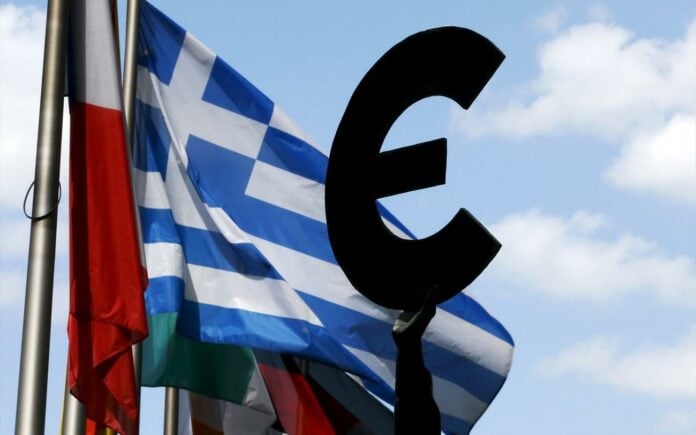Greece finds itself in last place in terms of participation in the so-called “Juncker Package”, according to figures released on Wednesday by the EU Commission, on the occasion of the first year of operation of the European Fund for Strategic Investment.
On his part, EU Commission Vice-President Jyrki Katainen called on domestic lenders and the Greek government to realize that an exit to the economic crisis affecting the country necessitates the better financing of small to medium-sized companies.
In total, only 121 SMEs in Greece have so far qualified for financing under scheme, out of whopping 141,000 SMEs elsewhere in Europe.
In terms of internal financing, Greek bank managements have revised the figure for lending in 2016 to four billion euros from the previously projected six billion euros.
Last month, the Greek government had identified 42 prospective projects, worth 5.6 billion euros, for inclusion in the Juncker package, a stimulus scheme named after the EU Commission president. The mechanism foresees financial support to private sector projects via bank guarantees and low interest rate subsidies.
Two primary “categories” have been cited for Greece-based projects: one being the creation of new marinas and the other the being upgrades and improvements to public buildings.
Additionally, the Greek side has identified 20 energy related projects, worth 2.17 billion euros, that it wants to land in the package, including an undersea power cable linking Crete with the Peloponnese, a LNG terminal in Alexandroupolis, solar/wind parks, small-scale hydroelectric dams, utilizing geothermal energy for hydroponic greenhouses as well as more effective power distribution.














